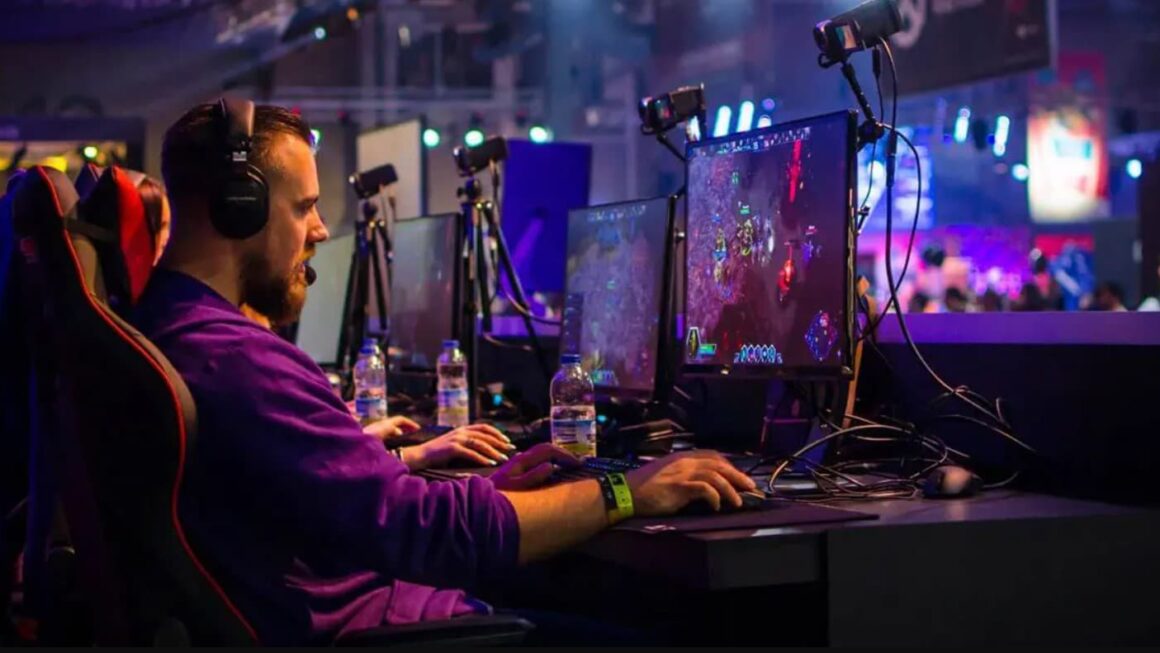Let’s turn to Paracelsus’ famous statement in popular parlance: “Everything is poison, everything is medicine; both are determined by the dose. Some parents have had negative experiences. Abusing anything, of course, is not an option.
If all day to play games uncontrollably, neglecting the study and home duties, the result will not be good. Many other articles have been written about this – and we don’t talk about it in ours. But it can not all be so sad and unequivocal, so let’s try to speculate about the pros that bring children computer games.
With skilful parenting and control, they can turn to a child not sleepless nights or unready “homework”, and the benefits. So what is it?
The Rules
The rules are nothing but a new system into which the child is introduced from scratch. He is forced to figure it out (and sometimes translate it from English) – it’s boring to play without understanding what you’re doing.
It’s also important that it helps the child accept the “rules of the game.” Unfortunately, it is not easy for some children to psychologically submit to rules of the game that are not their own.
Because of this, conflicts with peers happen, interest in the game is lost, and there is a desire to sabotage the common cause by interfering with others.
Motivation to Achievement
Another plus of games is that they are aimed at successive complications, and therefore at motivation to achieve. It is not always possible to pass a level the first time, but the child learns to overcome difficulties, trying to cope with the task over and over again.
Isn’t this a positive character trait? It is very likely that, faced with a difficult math example, it is not immediately put “paws up”, resigned to failure, and will look for a solution. The game – it’s a good platform to show persistence and ingenuity, because some games hold hundreds of puzzles.
You can just go through the game, and you can look for the keys and treasures, magic items and artifacts. To get to all of the above, sometimes you have to pretty beat your head. But in the end, for his achievement the player receives a solid reward in the game and the pride of his “skilful” (reaction, attention, logic) in reality. If you seriously want to motivate your child, make a success diary.
Strategic thinking and Logic
There is a busy category of games – strategy. It is logical that the player to achieve the goal is necessary to apply strategic thinking. Such games can make your child a young warlord, elf king, etc.
They include an economic component, forcing children to calculate where to get wood to build a mill, whether there will be enough provisions for this month, how much gold to buy the most invincible army (with all the costs, raids by orcs, etc.).
And sometimes you have to calculate everything for several characters. Logic has also not been bypassed by computer games. The young gamer learns to calculate what consequences entail a particular cause.
Reactions and orientation in space
The ability to make quick decisions and lightning-fast reactions, which are also trained in the process of computer games, are sure to be useful to the child in other areas of his life. For example, “shooters” or shooters perfectly develop both.
To defeat the enemy and not become a target, you need to be more decisive and faster than the “perfect” computer. You can also acquire and practice the skill of orientation in space, because in many games you have to move on the maps (and they can be huge).




